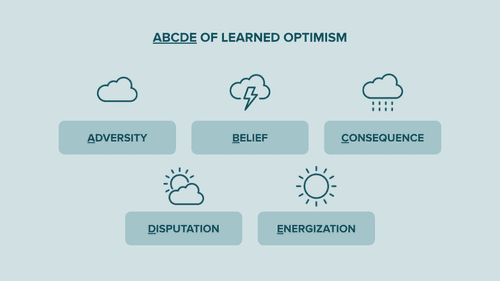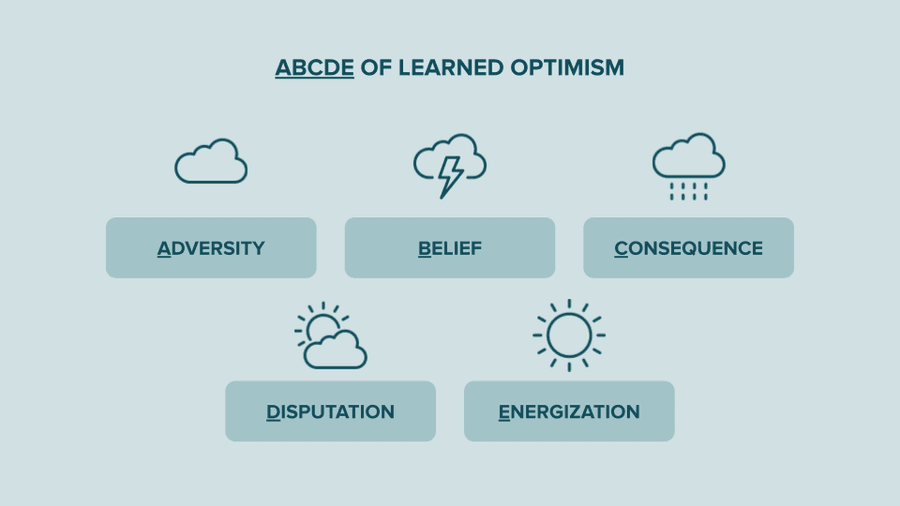Learned optimism: how to cultivate a talent for positive thinking
Curated from: nesslabs.com
Ideas, facts & insights covering these topics:
4 ideas
·1.05K reads
19
Explore the World's Best Ideas
Join today and uncover 100+ curated journeys from 50+ topics. Unlock access to our mobile app with extensive features.
Learned optimism
Learned optimism is the concept that a positive mindset can be cultivated, even in those with pessimistic tendencies. Heavily influenced by psychologist Martin Seligman, learned optimism is part of the positive psychology movement.
By learning how to cultivate positivity in everyday life, you can improve your productivity and your mental health.
37
303 reads
The 3 P’s of pessimism
- Permanence. A pessimist may ruminate during a negative time in their life and see the darkness as permanent.
- Pervasiveness. The pervasiveness of pessimism leads a pessimist to believe that failure at work is evidence of, or will lead to, failure in all other aspects of life.
- Personalization. A pessimist will see their successes as being due to something external to them, and disappointments as being solely their own responsibility.
41
278 reads
The benefits of learned optimism
- Learned optimism leads to higher motivation. With more motivation to succeed, optimists exert more effort to guarantee achievement, in contrast with pessimists who are more likely to give up.
- Optimism can predict good health, better career success, and superior social relations.
- An optimists’ expectation of positive outcomes leads to upbeat feelings. Conversely, when pessimists expect a poor outcome, it can cause negative feelings including anxiety, anger, or sadness.
35
224 reads
How to learn optimism
The ABCDE approach to go from learned helplessness to learned optimism:
- Adversity. Start by describing a recent experience of adversity.
- Belief. Then, write down all the thoughts running through your mind while thinking about this adverse experience.
- Consequence. Now, consider the impact of these beliefs on your feelings and on your behaviour.
- Disputation. It’s time to put your beliefs into perspective.
- Energization: Use the newfound energy from the disputation step to cultivate a more positive outlook on the challenge you are facing.
51
248 reads
IDEAS CURATED BY
Kevia Taylor's ideas are part of this journey:
Learn more about psychology with this collection
Improving sleep through mindful breathing exercises
Practicing stress reduction and relaxation techniques
Establishing a relaxing bedtime routine
Related collections
Similar ideas
9 ideas
Learned Optimism: Is Martin Seligman’s Glass Half Full?
positivepsychology.com
20 ideas
Learned Optimism Summary
fourminutebooks.com
5 ideas
What is Optimism, and Why You're a Born Optimist
omaritani.com
Read & Learn
20x Faster
without
deepstash
with
deepstash
with
deepstash
Personalized microlearning
—
100+ Learning Journeys
—
Access to 200,000+ ideas
—
Access to the mobile app
—
Unlimited idea saving
—
—
Unlimited history
—
—
Unlimited listening to ideas
—
—
Downloading & offline access
—
—
Supercharge your mind with one idea per day
Enter your email and spend 1 minute every day to learn something new.
I agree to receive email updates

